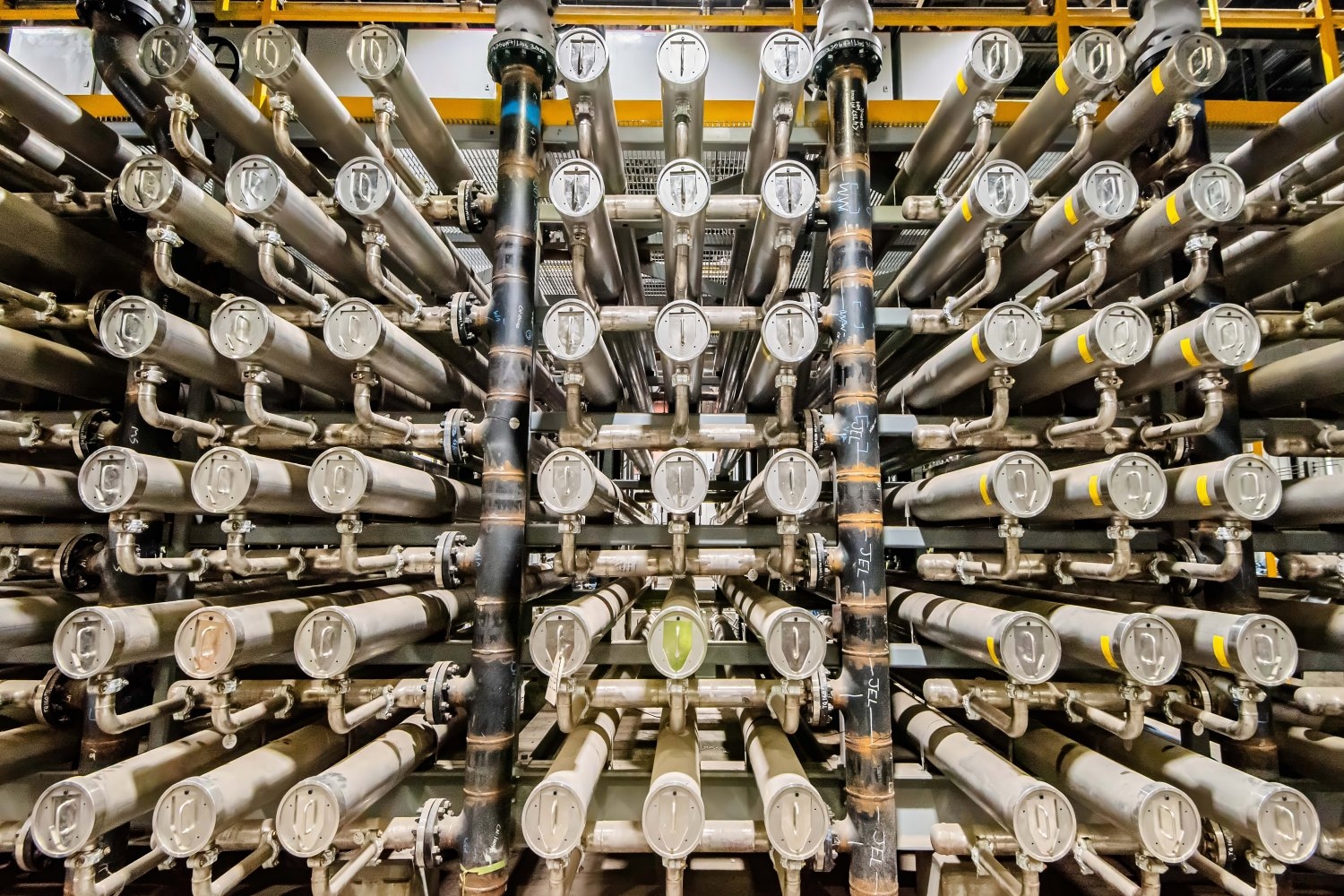Becky Ham | Office of the Provost
2024-10-30 14:45:00
news.mit.edu

The U.S. National Science Foundation (NSF) has selected MIT to lead a new Innovation Corps (I-Corps) Hub to support a partnership of eight New England universities committed to expanding science and technology entrepreneurship across the region, accelerating the translation of discoveries into new solutions that benefit society. NSF announced the five-year cooperative agreement of up to $15 million today.
The NSF I-Corps Hub: New England Region is expected to launch on Jan. 1, 2025. The seven institutions initially collaborating with MIT include Brown University, Harvard University, Northeastern University, Tufts University, University of Maine, University of Massachusetts Amherst, and the University of New Hampshire.
Established by the NSF in 2011, the I-Corps program provides scientists and engineers from any discipline with hands-on educational experiences to advance their research from lab to impact. There are more than 50,000 STEM researchers at the nearly 100 universities and medical schools in New England. Many of these institutions are located in underserved and rural areas of the region that face resource challenges in supporting deep-tech translational efforts. The eight institutions in the hub will offer I-Corps training while bringing unique strengths and resources to enhance a regional innovation ecosystem that broadens participation in deep-tech innovation.
“Now more than ever we need the innovative solutions that emerge from this type of collaboration to solve society’s greatest and most intractable challenges. Our collective sights are set on bolstering our regional and national innovation networks to accelerate the translation of fundamental research into commercialized technologies. MIT is eager to build on our ongoing work with NSF to further cultivate New England’s innovation hub,” says MIT Provost Cynthia Barnhart, the Abraham J. Siegel Professor of Management Science and professor of operations research, who is the principal investigator on the award.
The hub builds on 10 years of collaboration with other I-Corps Sites at institutions across the region and prior work from the MIT I-Corps Site program launched in 2014 and the I-Corps Node based at MIT established in 2018. More than 3,000 engineers and scientists in New England have participated in regional I-Corps programs. They have formed over 200 companies, which have raised $3.5 billion in grants and investments.
“The goal of the I-Corps program is to deploy experiential education to help researchers reduce the time necessary to translate promising ideas from laboratory benches to widespread implementation that in turn impacts economic growth regionally and nationally,” said Erwin Gianchandani, NSF assistant director for Technology, Innovation and Partnerships, in NSF’s announcement. “Each regional NSF I-Corps Hub provides training essential in entrepreneurship and customer discovery, leading to new products, startups, and jobs. In effect, we are investing in the next generation of entrepreneurs for our nation.”
One I-Corps success story comes from Shreya Dave PhD ’16, who participated in I-Corps training in 2016 with her colleagues to explore potential applications for a new graphene oxide filter technology developed through her research. Based on their learnings from the program and the evidence collected, they shifted from filters for desalination to applications in chemical processing and gained the confidence to launch Via Separations in 2017, focused on the tough tech challenge of industrial decarbonization. Via Separations, which was co-founded by Morton and Claire Goulder and Family Professor in Environmental Systems Professor of Materials Science and Engineering Jeffrey Grossman and Chief Technical Officer Brent Keller, has reached commercialization and is now delivering products to the pulp and paper industry.
“NSF I-Corps helped us refine our vision, figure out if our technology could be used for different applications, and helped us figure out if we can manufacture our technology in a scalable fashion — taking it from an academic project to a real–scale commercial project,” says Dave, who is the CEO and co-founder of Via Separations.
New England boasts a “highly developed ecosystem of startup resources, funders, founders, and talent,” says Roman Lubynsky, executive director of MIT’s current NSF I-Corps Node, who will serve as the director of the new hub. “However, innovation and entrepreneurship support has been unevenly distributed across the region. This new hub offers an exciting opportunity to collaborate with seven partner institutions to extend and further scale up this important work throughout the region.”
The I-Corps Hubs across the country form the backbone of the NSF National Innovation Network. This network connects universities, NSF researchers, entrepreneurs, regional communities, and federal agencies to help researchers bring their discoveries to the marketplace. Together, the hubs work to create a more inclusive and diverse innovation ecosystem, supporting researchers nationwide in transforming their ideas into real-world solutions.
Support Techcratic
If you find value in Techcratic’s insights and articles, consider supporting us with Bitcoin. Your support helps me, as a solo operator, continue delivering high-quality content while managing all the technical aspects, from server maintenance to blog writing, future updates, and improvements. Support Innovation! Thank you.
Bitcoin Address:
bc1qlszw7elx2qahjwvaryh0tkgg8y68enw30gpvge
Please verify this address before sending funds.
Bitcoin QR Code
Simply scan the QR code below to support Techcratic.

Please read the Privacy and Security Disclaimer on how Techcratic handles your support.
Disclaimer: As an Amazon Associate, Techcratic may earn from qualifying purchases.


































































































